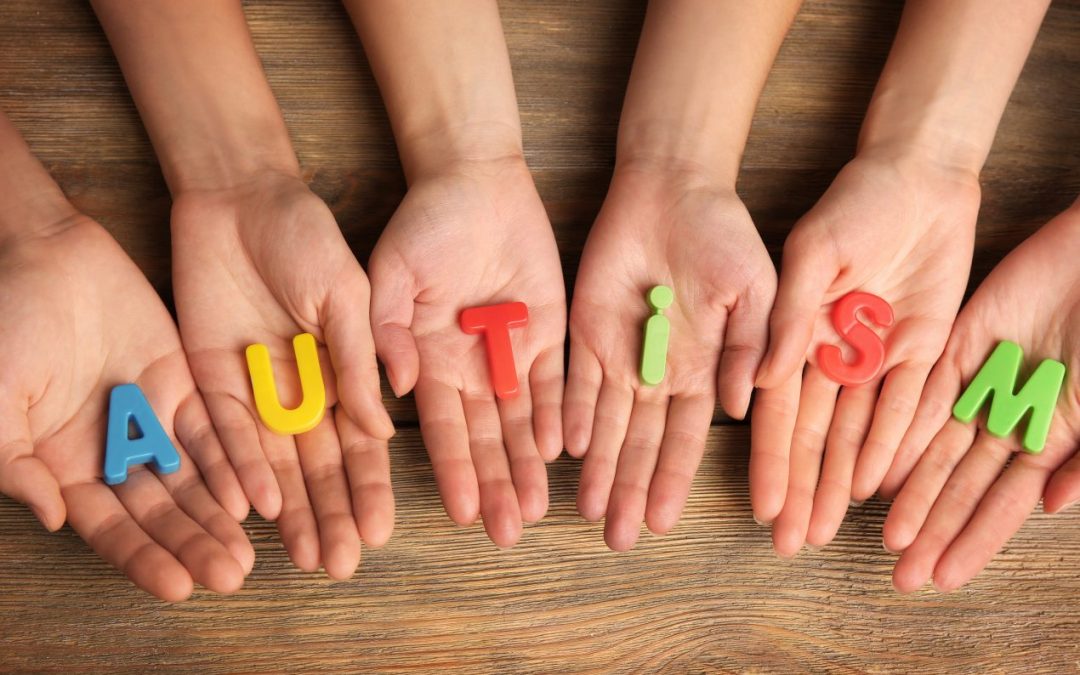What is Autism?
Autism, or Autism Spectrum Disorder (ASD), is a developmental disorder that affects communication, social interaction, behavior, and sensory processing. It is a spectrum disorder, which means that it can affect people in different ways and to different degrees. Autism is typically diagnosed in early childhood, although some individuals may not receive a diagnosis until later in life.
Some common characteristics of autism include difficulty with social communication and interaction, such as trouble understanding social cues or body language, difficulty making and maintaining friendships, and limited interest in sharing emotions or interests with others. People with autism may also have restricted, repetitive behaviors or interests, such as lining up objects or repeating the same actions over and over. They may also have sensory sensitivities, such as being over or under-sensitive to light, sound, touch, or taste.
How can I celebrate Autism Acceptance Month this April?
Autism spectrum disorder (ASD) is one of the most well-known examples of neurodiversity. People with ASD have a different way of processing and responding to sensory information, social cues, and communication than the majority of the population. This can lead to difficulties in social interaction, communication, and behavior.
However, it is important to remember that autism is not a disease or a defect that needs to be cured. It is simply a different way of being in the world. People with ASD have unique strengths and abilities that should be celebrated and valued.
One of the most important things we can do during Autism Awareness (Acceptance) Month in April is to increase awareness and understanding of neurodiversity. We should strive to create a more inclusive society that recognizes and supports the diversity of human minds. This means providing accommodations and support for people with ASD in education, employment, and other areas of life. It also means challenging harmful stereotypes and promoting positive representations of autism in the media and popular culture.
In addition, we should work to increase access to diagnosis and support services for people with ASD, particularly those from marginalized and underserved communities. By embracing neurodiversity and promoting acceptance of all people, regardless of their cognitive differences, we can create a more just and equitable society that values and supports the full range of human diversity.
What are the benefits of having my child or young adult evaluated for Autism?
There are many potential benefits to having your child or young adult evaluated for Autism Spectrum Disorder (ASD). Here are a few examples:
- Early intervention: Early intervention is key. Intervention services such as speech and language therapy, occupational therapy, and behavior therapy can help your child develop important skills and abilities which can improve their overall outcomes.
- Understanding your child: A diagnosis can help you understand your child’s unique strengths and challenges, as well as their individual needs. This can help you provide better support and accommodations for your child at home and at school.
- Access to services: ASD may qualify your child for a variety of support services, including special education services, therapy, and social support programs.
- Advocacy: Accommodations can help you advocate for your child’s needs and rights, both within your family and in the wider community.
- Future planning: A diagnosis of ASD can help you plan for your child’s future, including education, career, and independent living options.
It’s important to note that while there are many benefits to having your child evaluated for ASD, the decision to pursue an evaluation is a personal one. It’s important to consider your child’s unique needs and circumstances, and to discuss any concerns you have with a qualified professional.
We hope you and your family can join our Team in celebrating Autism Acceptance Month this April by increasing awareness, removing barriers, and reducing stigma within the community!


